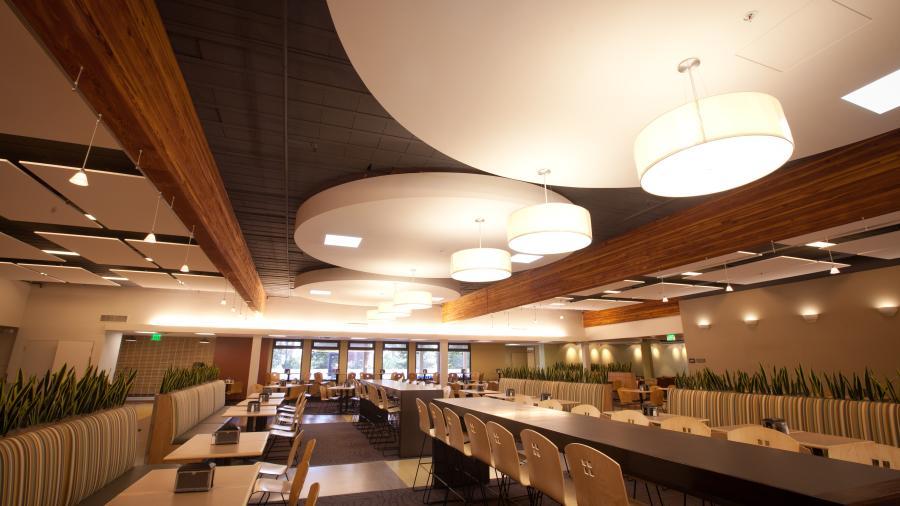
“I keep thinking of students who are in love…” Dan Chiasson reflects on college students’ pain during the time of COVID-19 in his article in The New Yorker, “The Coronavirus and the Ruptured Narrative of Campus Life.” For a few paragraphs, he mourns for those students who are in love, whether with “a subject, or an author, or a form of attention or concentration,” or another person. He mentions the loss of physical contact in a loving interpersonal relationship and the loss of the home that a campus can be. Over the past week, I have felt the pain he speaks of as this virus has torn my routine, my friends, and now my home away from me.
I have fallen in love with my day-to-day Westmont life. Two weeks ago, I had a schedule marked by structured classes, spiritual community, and regular bonding time with friends. Now, I sit in my room and try to do assignments vaguely due in the nebulous and uncertain future. I don’t know how to find a new rhythm. As Chiasson says, we must decide “how to think about elapsing time made suddenly terrifying” without the pointers and time-markers of a regular semester. I can no longer make dinner with my friends on Tuesday nights. I can no longer stop by a tutoring session to say hello or teach a classroom with students eager to learn with me. I can no longer have long, laughter-filled meals over strange DC creations. I loved these routines and habits of friendship that marked my life. Though in the past semesters I have complained about not having enough free time, I did not really know what I was asking for. I am currently struggling to once more mark out my time by love. How can I continue to spend my time well and wisely?
Maybe it isn’t possible.
I have fallen in love with my friends. What makes my routine special is the people in it: my beautiful, messy, kind, wise friends. If it were possible, I would spend every day of my life loving them. How can I do that when thousands of miles separate us? It seems much harder when we cannot show “personal warmth or connectedness” with physical contact. As a person whose love language is physical touch, I have lost a large part of how I usually feel loved. That has pained me, to say the least. Chiasson suggests that verbal affection will have to replace nonverbal affection for now. Can I continue to show my friends how much I care about them in this time of separation? And what about developing friendships or romantic relationships? How can one begin to love over a phone screen?
Maybe it isn’t possible.
I have fallen in love with my home, with its rhythms and with its people. Even though these three years have included their fair share of trials, tears, and trouble, I have continued to love this place and these people with my whole heart. Coming back to Westmont always feels like coming home to a place where I can challenge myself to grow and change and follow God where God leads me. Chiasson reflects on those students who are in the midst of working out their identities (whom I consider to be all of us). He sadly questions, “What will they face when sent abruptly home? They’d just got started.” My friends and I are all creating our identities, and this place makes up a large part of that process. Here is where I find my family. Here is where I thrive, learn, cry, grow, laugh. Here is where I belong. How can I keep that sense of belonging when I am physically isolated from my friends and from Westmont?
Maybe it isn’t possible.
My heart feels lost, leaving its loves. I don’t know how to care for my friends or plan for the future or find a home in the midst of this tragedy. I don’t know how to calm my anxiety or that of my friends. They say you’re supposed to give everything to God. All your time, all your resources, all your thoughts, all you are. They say you’re supposed to love God more than anything or anyone on this earth. They say God must be “enough” for you. They say you need to live like that’s true. How can I let go of everything and maintain my love for God? How can God be glorified through such heartbreak?
Maybe it isn’t possible.
Maybe it is.
~
Chiasson, Dan. “The Coronavirus and the Ruptured Narrative of Campus Life.” The New Yorker, 12 Mar. 2020.